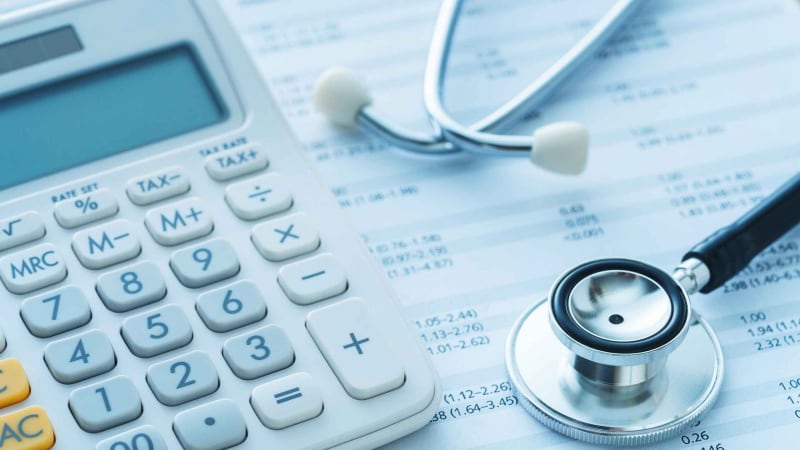Credit card billing cycles, explained

If you have multiple bills due at various times of the month, it may be a challenge to keep track of all the important dates. Even when you are mostly organized, there could be a risk of making a credit card payment one day late.
Understanding your credit card billing cycle can help you ensure monthly payments are made on time. This is an important factor in establishing both a healthy credit history and a good credit score.
What is a credit card billing cycle?
A credit card billing cycle is a time period between statements when transactions post to your account. There’s a start date and closing date in each billing cycle. The transactions completed within that time period appear on the that statement. Credit card statements include a due date for payment that usually falls around the same date each month.
How long is your credit card billing cycle
Your credit card billing cycle typically lasts 28 to 31 days. The number of days in each billing cycle can change but should be roughly one month. There should be 12 billing cycles for your credit card per year, even if December’s billing cycle ends sometime in January.
What is the closing date on a credit card statement?
The closing date is the last day of your billing cycle. This is the last day when new charges may post on your credit card statement for that cycle. The closing date is not when a payment is due. Your monthly due date is usually several days after the closing date.
Can you change the dates of your billing cycle?
You can usually request to change the payment due date in your billing cycle and may be able to request a change in the billing cycle altogether. You can often do this online, but you can also call the number on the back of your card.
Many individuals shift their credit card payment due dates to better align with paychecks from their employer. But it’s important to be patient when changing due dates. You may have to wait a billing cycle or two for any date changes to take effect.
According to the CARD Act of 2009, the issuer cannot change the cardmember’s due date without notice to the cardmember.
Best practices related to billing cycles
The following practices may give you a greater understanding of your billing cycle and confidence in not missing your payment due date:
- To understand the importance and relevance of your due date, be sure to read your credit card account’s terms and conditions.
- Sign in to your account online or locate a credit card account statement to see your next due date.
- If you’re receiving monthly statements by mail or online, make sure to read them carefully.
- Setting up automatic payments is a great way to help ensure payments are made on the date you set.
- Paying the full balance of a billing cycle is also a good financial habit.
How your credit card billing cycles affects your credit score
The credit card balance reported to the three major credit bureaus—Experian™, Equifax® and TransUnion®—is a snapshot of what you owe and the amount you pay. In terms of your credit score, the due date in your billing cycle is an important date. Late, partial and missed credit card payments can negatively affect your credit score.
Chase Credit Journey can help you keep track of your credit score
Chase Credit Journey® is an online tool that can help you keep track of your credit score and create a personalized score improvement plan provided by Experian. Credit Journey can help you better monitor account activity, including changes in credit limits, credit usage and balances. You can also set up alerts, so you'll be notified when someone pulls a hard inquiry of your credit.



